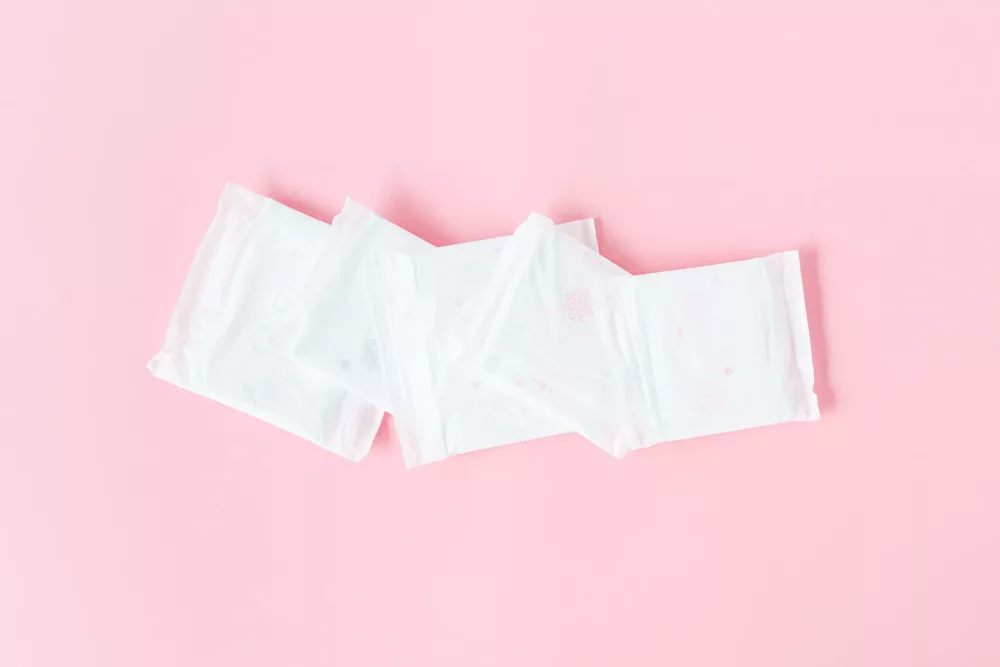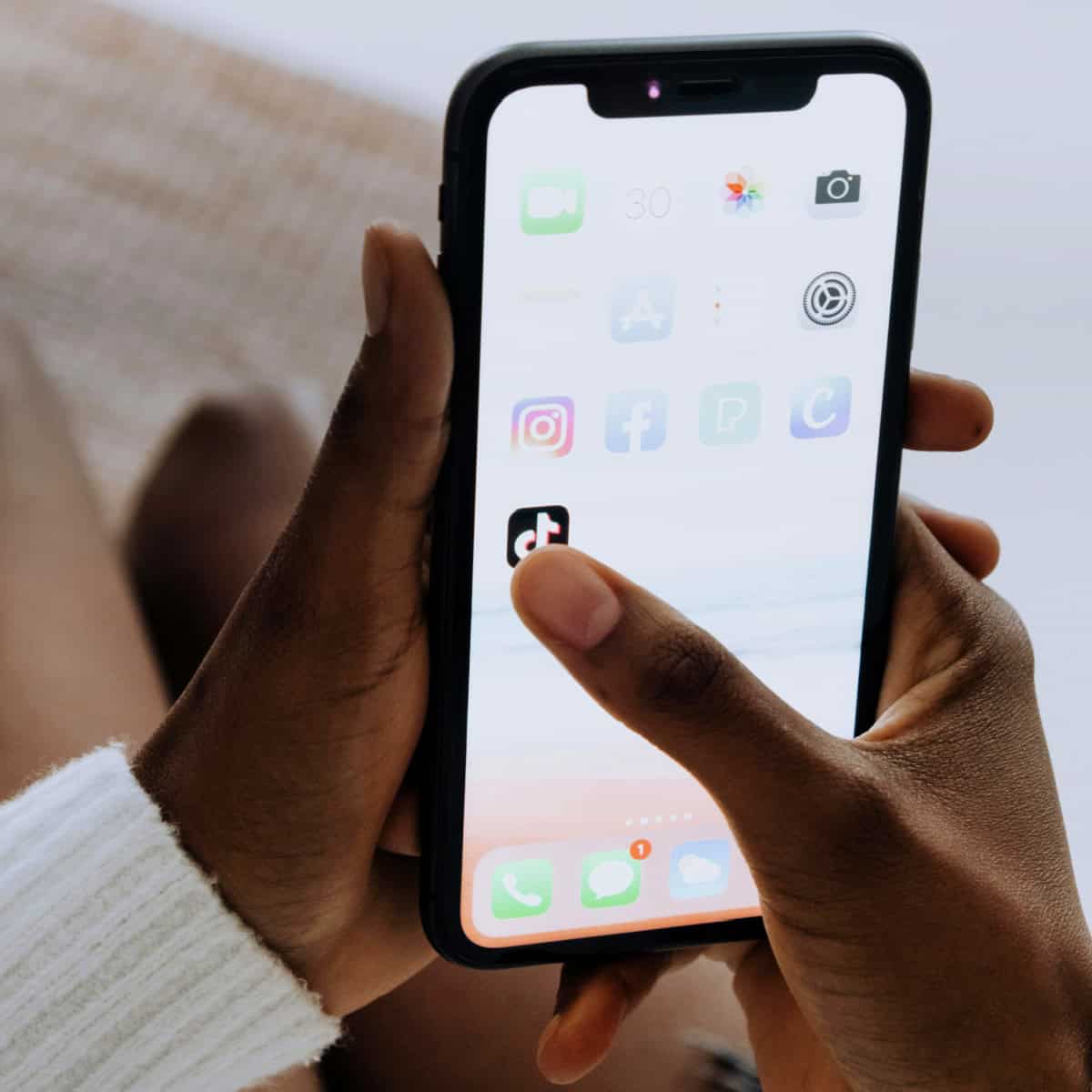Being a woman comes with many demands; one of the greatest is prioritizing the health of our reproductive systems and, let's be real - our genitals. While generations past may have felt uncomfortable talking about feminine health and hygiene, it was a great disservice to the generations that followed them. This shouldn't be a taboo topic or something that women must figure out on their own. So, let's talk about feminine hygiene because it's important, and there are many myths about it.
8 Myths Around Feminine Hygiene and the Truth All Women Deserve
Myth 1: It's Only Important for Women After Puberty
This is wrong; while conversations may be uncomfortable for the parent, these conversations are valuable. Feminine hygiene and developing healthy routines should start as young as possible, according to OBs and experts. In the same way, you explain to your children how to brush their teeth or wash behind their ears; you explain how to wash their bodies in the most age-appropriate form.
Myth 2: Perfumes and Deodorants Are Necessary
Not only are perfumes and deodorants for "down there" unnecessary, but they can also cause harm to such a delicate area. You want to avoid fragranced products in your feminine hygiene routines as they can throw off flora and fauna of that region.
Myth 3: Your Undergarment Choices Don't Matter
While there's nothing wrong with wearing silk or lace intimates from time to time, the reality is fashion for your health is real, and the best option to keep you healthy "down there" is 100% pure cotton underwear. It doesn't matter if you prefer a bikini cut, granny style, or a thong, but wear breathable cotton underwear unless it's a special occasion.
Myth 4: You Don't Need Targeting Products
The vagina is indeed self-cleaning; however, there are many instances where you'll need targeted products. Using a vagina wash after menstruation, sex, intense exercise, or menopause is safe and a great idea. Look for products that contain natural ingredients, specifically Boric Acid, which has many benefits to your vaginal health.
Myth 5: All Period Products are Created Equal
When you first hit puberty, chances are your parents or guardian bought you your first-period products in the form of tampons or pads, and there's a good chance those are the same products you still use today. It takes 21 days to create a habit, so after three months of your period, you are likely stuck with the product that worked for you. Today, there are much more comfortable, not to mention sustainable choices for dealing with your monthly flow. Try a menstrual cup or period panties, and you may never look back.
Myth 6: Pubic Hair Doesn't Matter
You may be surprised to learn that just as fashion and beauty trends ebb and flow, so do trends in keeping your pubic hair trimmed. While it's okay to wax or shave certain areas of your pubic area, going completely bare with a Brazilian wax or all-over shave isn't a good idea. Pubic hair is important to your feminine hygiene and health as it protects you from bacteria and other harmful particles. Razors and wax can also irritate the delicate skin down there and leave you susceptible to infection. A simple trim with scissors is all you need, ladies!
Myth 7: All Discharge is Normal
While all vaginas have discharge that changes during our different cycle phases during the month, you know your body more than anyone, and if you're experiencing a new discharge that seems "off," it's a good idea to book an appointment with your gynecologist to make sure everything is working correctly. While chances are, it's something simple and easy to fix, like bacterial vaginosis or a yeast infection, it's always better to err on the side of caution and get a physical exam.
Myth 8: You Don't Need a Gynecologist
As soon as you start your cycle in puberty, it's a good idea to book an appointment with a gynecologist. These doctors are an invaluable source of knowledge and become trusted physicians throughout your life and provide invaluable screening that can preserve your health. Sometimes it's also easier to ask a doctor sensitive questions you don't feel comfortable asking friends and family members.
While it may feel taboo to talk about these topics, those days are over. Women should be their biggest advocates regarding all aspects of their health, including their feminine hygiene. Dispel the above myths today and feel empowered. Here's to your health!






Leave a Reply